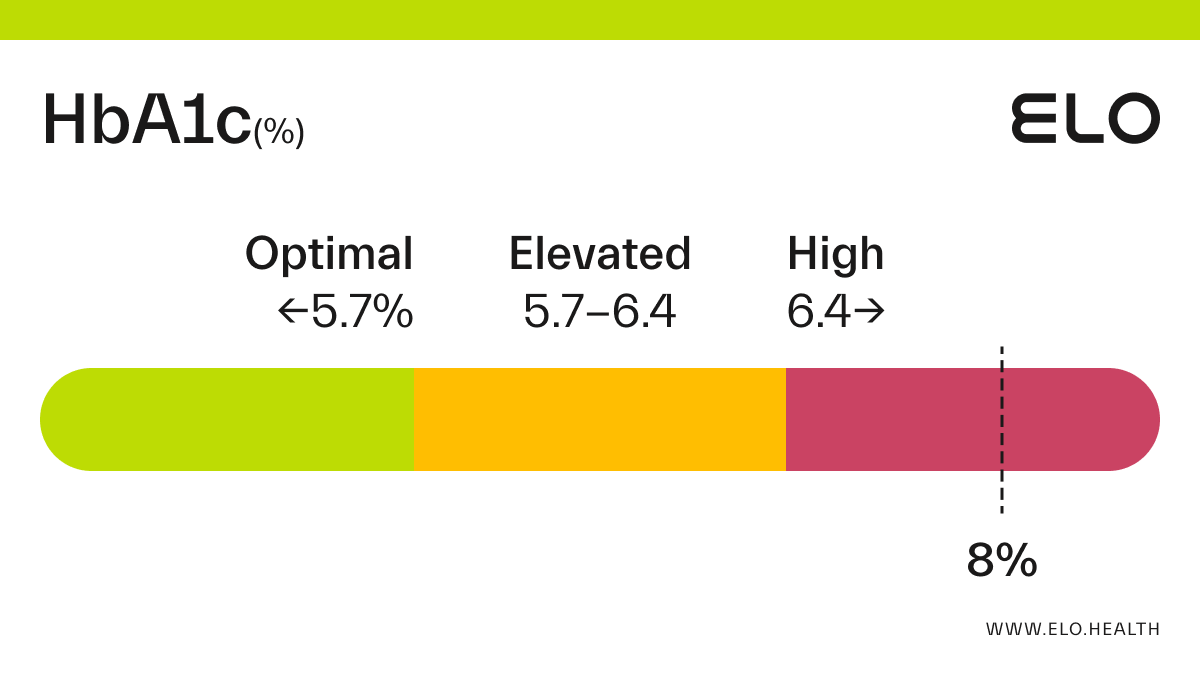
Understanding the Importance of Monitoring HbA1c Levels in Diabetes Management
Diabetes is a chronic condition that affects millions of people worldwide. It is a disease characterized by high levels of glucose in the blood, which can lead to serious health complications if not properly managed. One key component of diabetes management is monitoring HbA1c levels, also known as glycated hemoglobin.
HbA1c is a measure of average blood glucose levels over the past 2-3 months. It is formed when glucose in the blood attaches to hemoglobin, a protein in red blood cells. By measuring HbA1c levels, healthcare providers can get a good idea of how well a person’s diabetes is being managed over time. Monitoring HbA1c levels is crucial for several reasons.
First and foremost, monitoring HbA1c levels can help healthcare providers assess the effectiveness of a person’s diabetes treatment plan. By tracking changes in HbA1c levels over time, healthcare providers can determine whether a person’s blood sugar levels are consistently within the target range. If HbA1c levels are consistently high, it may indicate that adjustments need to be made to the treatment plan, such as changes in medication, diet, or exercise routine.
In addition to assessing the effectiveness of treatment, monitoring HbA1c levels can also help healthcare providers identify potential health risks associated with diabetes. High HbA1c levels are associated with an increased risk of long-term complications such as heart disease, kidney disease, nerve damage, and vision problems. By keeping HbA1c levels in check, people with diabetes can reduce their risk of developing these serious complications.
Furthermore, monitoring HbA1c levels can help individuals with diabetes take control of their health and make informed decisions about their treatment plan. By understanding how their blood sugar levels are trending over time, people with diabetes can identify patterns and make adjustments to their diet, exercise, and medication regimen as needed. This empowers individuals to actively manage their diabetes and improve their overall health and well-being.
It is important to note that HbA1c levels should be monitored regularly as part of a comprehensive diabetes management plan. The American Diabetes Association recommends that people with diabetes have their HbA1c levels checked at least twice a year or more frequently if their blood sugar levels are not well controlled. Regular monitoring of HbA1c levels is essential for staying on top of diabetes management and preventing long-term complications.
In conclusion, monitoring HbA1c levels is a critical component of diabetes management. By tracking changes in HbA1c levels over time, healthcare providers can assess the effectiveness of treatment, identify potential health risks, and empower individuals to take control of their health. Regular monitoring of HbA1c levels is essential for managing diabetes and reducing the risk of long-term complications. If you have diabetes, be sure to talk to your healthcare provider about the importance of monitoring HbA1c levels and how you can incorporate regular testing into your diabetes management plan.

















